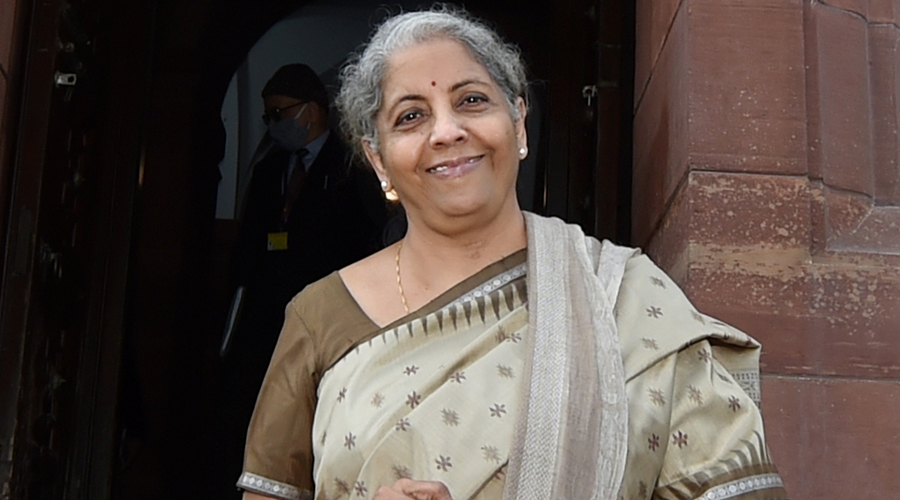The Union budget would be presented amidst geopolitical uncertainties, high inflation and slowing world economic growth. The budget should focus on measures to accelerate job creation and broaden the tax base by rationalising GST and personal income tax slabs to boost consumption demand. Providing tax certainty, ease of paying taxes and reducing tax litigation should be prioritised.
There is an urgent need to revitalise private investments. For that, we need to enhance consumption, increase capacity utilisation, create employment, and raise the quality of social infrastructure to strengthen economic growth. There is a need to take ease of doing business to the district level. Rationalisation of the cost of doing business and taxation, together with state-ofthe-art infrastructure, would facilitate private investments.
Big-ticket reforms are not expected in the forthcoming budget. The government should, however, continue to focus on capital expenditure, keeping price rise in check while ensuring affordable energy and daily necessities for the masses.
Exports create jobs, boost manufacturing, and earn foreign exchange. The Production Linked Incentive Scheme has the potential to take India’s exports to a new high. It could be widened to include more sectors for exports to reach $1 trillion by 2025. Modernisation of ports and connectivity improvement would drive trade further.
To consolidate consumption, there is a need to increase the tax rebate for consumption expenditure. The tax rebate on the purchase of a self-occupied house is two lakh rupees; this needs to be enhanced to create demand, attract private investment, and generate employment.
The budget should consider doubling the yearly contribution under Section 80C and Section 80CCD (1b) for the benefit of the salaried class since the pandemic caused massive job losses and exposed financial vulnerabilities. On the healthcare front, the scope of Section 80D could be expanded to allow a deduction for expenditure incurred on any pandemic-related treatment. There is an urgent need to strengthen government hospitals through incentivisation of public-private partnership. Given the Covid experience, it is important to strengthen healthcare infrastructure in Tier 2 and Tier 3 cities. Rebates on medical insurance premiums should be offered as well.
Reduction of costs of doing business, including the costs of capital, power, logistics, land, labour and compliances, will go a long way in augmenting capacity utilisation and strengthening growth.
An employment-linked incentive scheme should be introduced to boost job creation. The budget should focus on developing agri and tourism infrastructure. Education and skill development and provisions for health and safety must continue for India to take advantage of its demographic dividend.
Increased spending on infrastructure will have a multiplier effect in boosting aggregate demand. The focus should also be on the privatisation of public sector units and increasing allocation to capital expenditure for an investment-led growth strategy. Climate change is expected to be one of the priority areas as India has pledged to become a net zero emitter of carbon by 2070.
The government must broad-base the domestic economy, create new sectors, support MSMEs and start-ups and boost employment generation to bolster sustained growth.











